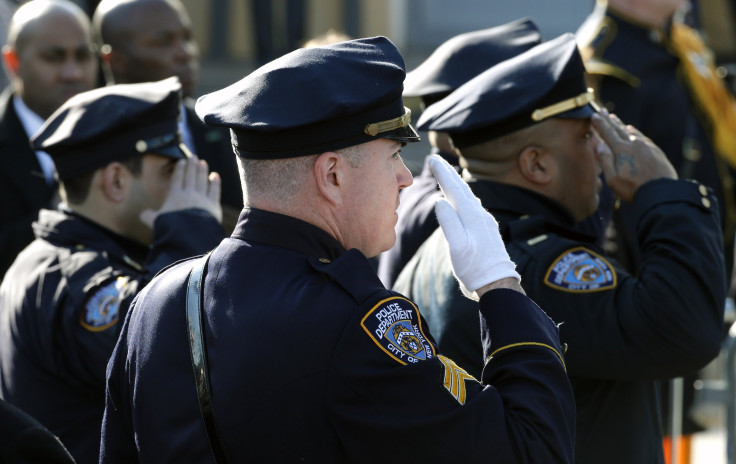Waze Traffic App Draws Scrutiny From Law Enforcement For Broadcasting Police Locations

Law enforcement groups throughout the U.S. are unhappy with a feature on the Waze real-time traffic app that makes it possible for anyone to see patrol cars near them. The GPS technology product, cops say, makes officers vulnerable to potential murderers who want to kill police.
Fifty million customers in 200 countries use the Google-owned Waze for community input on traffic, accidents, delays, weather and other conditions that have the potential to ruin their commute. One of those features is a tracker that tells drivers which areas have a strong police presence, where they’re likeliest to get a ticket. A growing number of police trade groups don’t see it that way, though, and instead view Waze as a tool for potential stalkers who only wish harm on nearby officers.
Jim Pasco, the executive director of the Fraternal Order of Police, told the Associated Press Monday that Google should disable the Waze feature because of the dangerous potential for misuse.
“I can think of 100 ways that it could present an officer-safety issue,” he said. “There’s no control over who uses it. So, if you’re a criminal and you want to rob a bank, hypothetically, you use your Waze.”
Google did not immediately return request for comment, and a Waze spokeswoman told the Associated Press the company works closely with law enforcement when considering the safety of its service, but a number of civil liberties advocates have complained that the criticism is misguided.
One reason for the growing amount of concern is that Ismaaiyl Brinsley posted a Waze screenshot indicating that two police officers were near him before he allegedly assassinated two New York City police officers in December.
But it’s inaccurate to say that Waze made those deaths possible, civil liberties experts told the AP. If a user points out an officer’s location, that information is irrelevant as soon as the patrol car moves. Turning off the police feature could also make it difficult for users to reach police when they’re needed.
“I do not think it is legitimate to ask a person-to-person communication to cease simply because it reports on publicly visible law enforcement,” Nuala O’Connor, head of the Center for Democracy & Technology, told the AP.
© Copyright IBTimes 2024. All rights reserved.




















